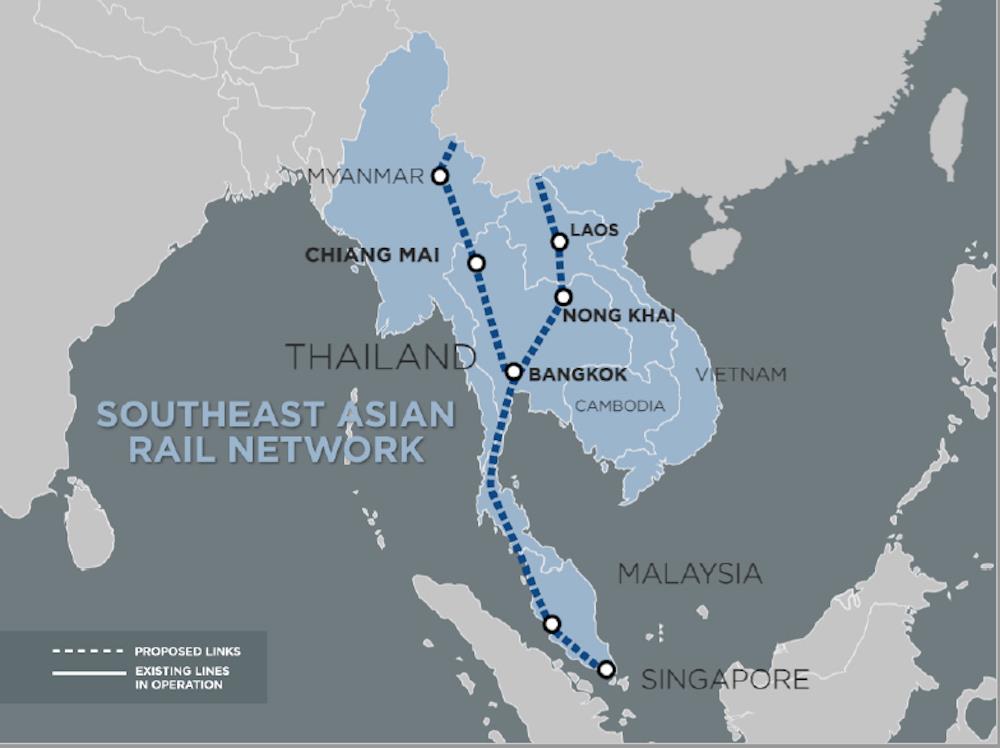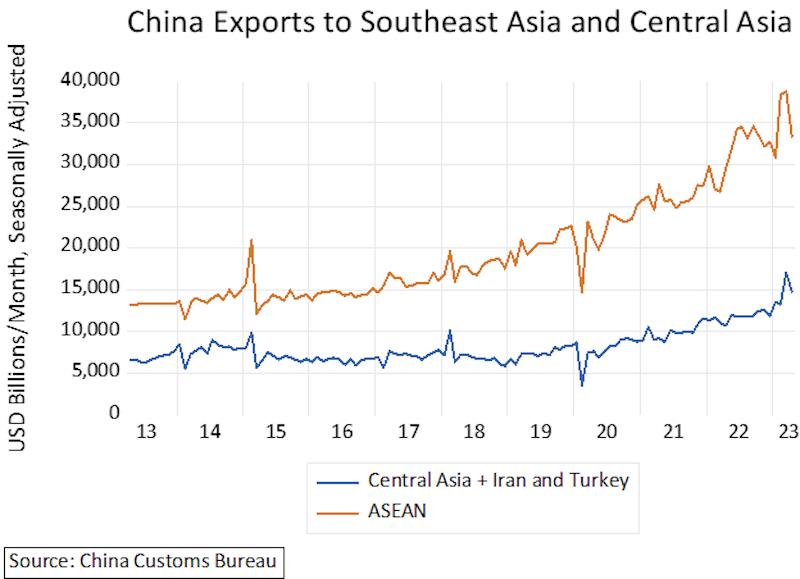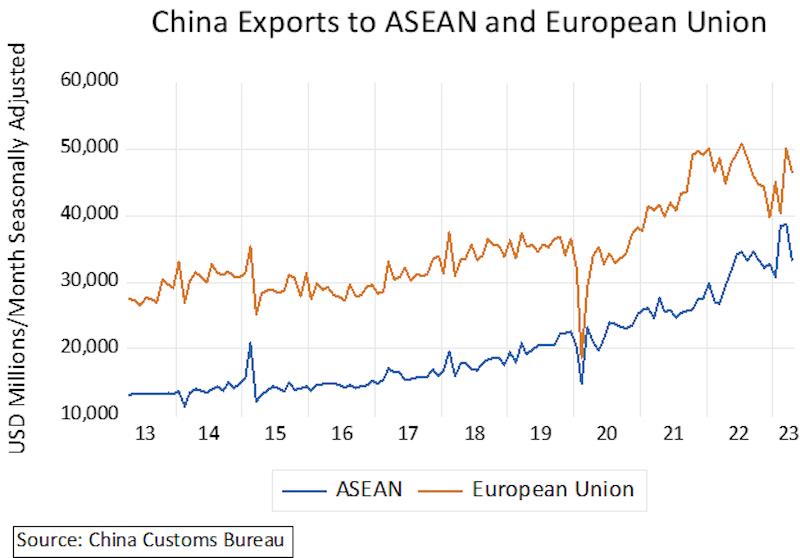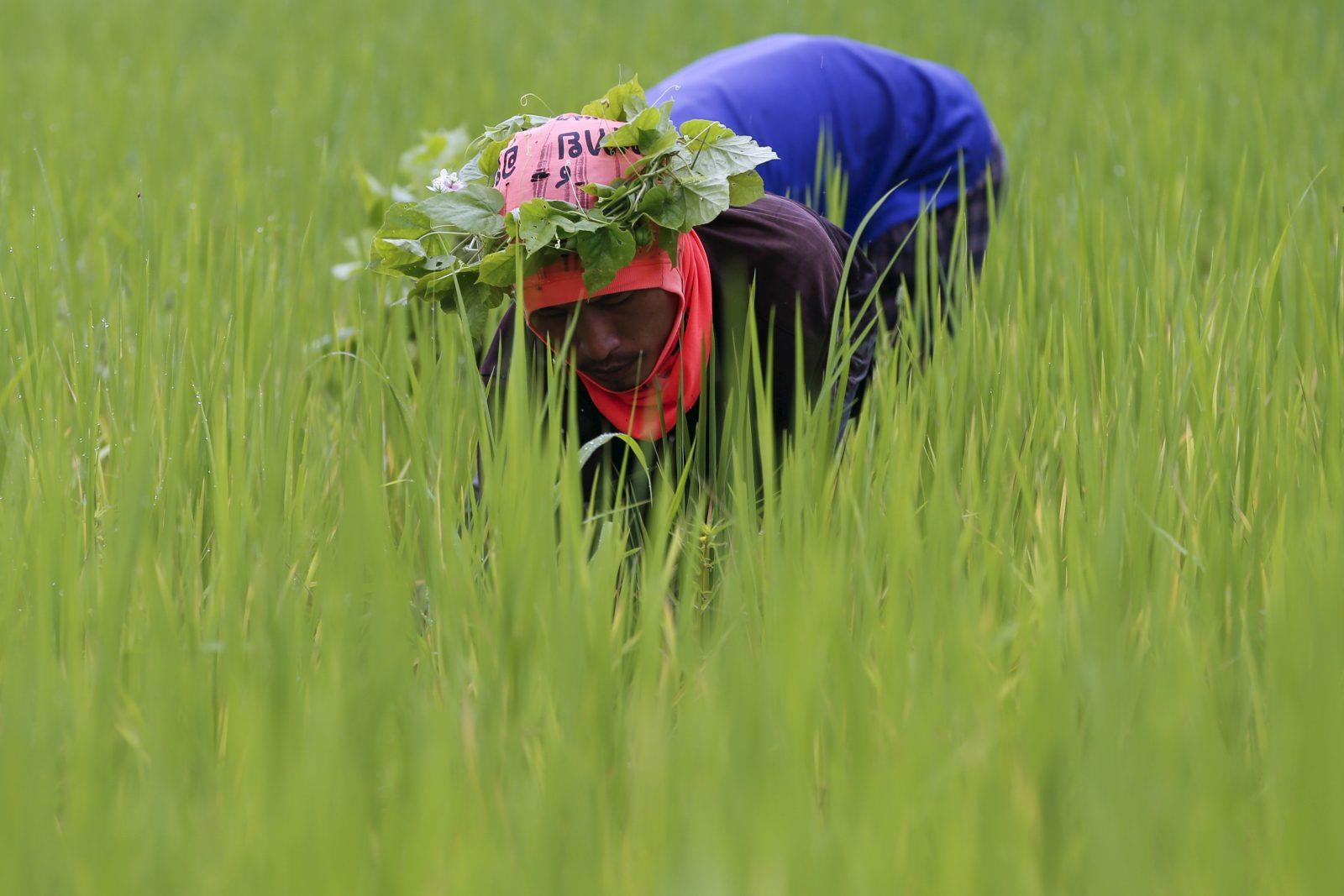(MENAFN- Asia Times) A high-speed rail link between China and Southeast Asia is the key to common prosperity in southern China as well as Thailand. It is also of critical importance for China's food security.
This is a critical task for the next Thai government. China's government coined the term“common prosperity” to mean narrowing the income gap between China's prosperous cities and its rural provinces. High-speed communications give rural communities the chance to prosper by gaining access to the world market.
Agriculture contributes just 6% to Thailand's GDP but employs a third of its workforce. Thailand cannot emulate the Chinese development model, emptying the countryside to feed urban industry, without harm to our culture and social structure.
Our path to prosperity requires an increase in the value-added of agriculture that raises rural incomes. Our comparative advantages include the world's best fresh produce. To our north is the world's largest market for high-quality fruits and vegetables. What is missing is the ability to deliver high-value-added agriculture products in time.
China's requirement for food security creates a strong common interest with Thailand and the rest of Southeast Asia. Western strategists have raised the prospect of a naval blockade against China's food imports in the event of a conflict over Taiwan.
Yet the world's most productive agricultural land lies to China's immediate south. It is much cheaper to build railroads than it is to build navies. China cannot depend on sea routes because it cannot match the naval power of the West.

From China's standpoint, a high-speed rail link to Thailand is the most cost-effective way to improve food security, with an estimated cost of us$12 billion (434 billion baht). The cost of the rail line from Tacheng in China's Xinjiang province to Karamay in Kazakhstan, by contrast, was US $840 billion . China invested $70 billion in Central Asia as of
2022.
China's direct investment in ASEAN countries as of 2021 totaled just $14 billion . Yet China's exports to ASEAN in April 2023 reached $35 billion, compared to $15 billion in exports to Central Asia (including Turkey and Iran).

Leaving aside geopolitical motives for China's lopsided investment in the New Silk Road countries of Central Asia, common-sense economic considerations make clear that China has a deep interest in Southeast Asian infrastructure.
With the completion of the nearly 1,000-kilometer, high-speed rail link between the southern Chinese city of Kunming and Vientiane, Laos, the additional 700 kilometers to Bangkok present less of a challenge.
China now exports almost as much to ASEAN as it does to the European Union, yet its infrastructure spending on the overland connection to Europe is an order of magnitude greater than its investment in Southeast Asia. That discrepancy is the result of political missteps on all sides.
The new Thai government cannot afford to perpetuate these errors.

At present, China depends extensively on food imports from Australia, requiring at least six days at sea between Freemantle and Singapore, and additional weeks at sea to ship products from Singapore to Chinese ports. Shipment of fresh produce is out of the question.
Yet a high-speed Kunming-Bangkok rail route could bring fresh Thai agricultural products to southern China in about 17 hours. And a high-speed rail link extending from southern China to Singapore would reduce the journey from weeks to days. Malaysia could also ship to China via rail instead of sea in a fraction of the time. Thailand would earn fees from rail service and warehousing.
Not only food security but quality of life will improve for the Chinese as a result of a high-speed rail connection. Common prosperity has been Beijing's watchword, a laudable goal, but difficult to achieve in China's hinterland. High-quality, pollutant-free Thai produce would improve the living standard of southwestern China as well as sustain the prosperity of rural Thailand.
Thailand must embrace the Fourth Industrial Revolution-the marriage of artificial intelligence, high-speed data transmission and Cloud computing with the real economy. We have a strong industrial economy, but we won't compete with Sweden or even China in building industrial robots.
But Fourth Industrial Revolution technology applies to agriculture as much as it does to manufacturing. It improves quality control in food packaging, shortens warehouse and delivery times, and provides instantaneous information to farmers on product demand.
Most of all, the spread of broadband to rural areas gives communities around the world an opportunity to trade directly with each other. Farming communities who worked at the margin of the world market without access to information now can find customers or suppliers worldwide.

A rice farmer collects snails and cleans the rice field near Udon Thani, Thailand. Photo: Reuters / Jorge Silva
Faster transport and high-tech logistics make it possible for a town in Yunnan province to order its vegetables directly from a town in northern Thailand. Entrepreneurs who had no access to market information or credit will have the opportunity to sell directly to the world, bypassing the conventional structure of international trade.
The new communications and logistics will allow the talented few to become entrepreneurs and mobilize resources that now remain fallow.
The combination of new information technology and high-speed rail transport can unleash a wave of prosperity and rising incomes in rural Thailand. This is an opportunity too big to miss, and it should be a top priority of the new Thai government.
Pansak Vinyaratn is a former chief advisor to several prime ministers of Thailand
Like this:Like Loading...